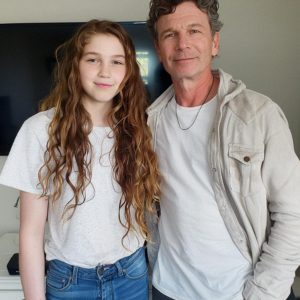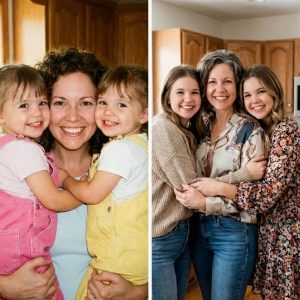For over fifty years, Rose and Charles built a beautiful life together—raising children, sharing dreams, and weathering every storm side by side. But as they entered their mid-70s, a quiet restlessness began to grow within Rose. She felt she had spent her whole life caring for others and longed for a sense of freedom she had never truly known. What began as small disagreements slowly turned into painful distance. Feeling unheard and trapped, Rose finally asked Charles for a divorce. Though devastated, Charles respected her decision, believing that sometimes, love means letting go.
A few weeks later, their longtime family lawyer invited them to dinner at their favorite restaurant, hoping to ease the tension. Charles, wanting to show he still cared, dimmed the lights—remembering her sensitivity to brightness—and ordered her a light salad, just the way she liked it. But to Rose, still struggling with guilt and confusion, his gentle gestures felt suffocating. Without a word, she stood up and walked out, leaving Charles sitting in silence, his heart heavy with sadness.
That night, Charles wrote her a letter—apologizing, expressing his love, and explaining that his actions had only ever come from care, not control. The next day, before he could send it, he suffered a heart attack and was rushed to the hospital.
When Rose heard the news, her world stopped. Returning to their old home, she found the unsent letter on his desk. As she read it, tears streamed down her face—she finally understood. His quiet love had never been about control; it was devotion expressed in small, thoughtful ways.





